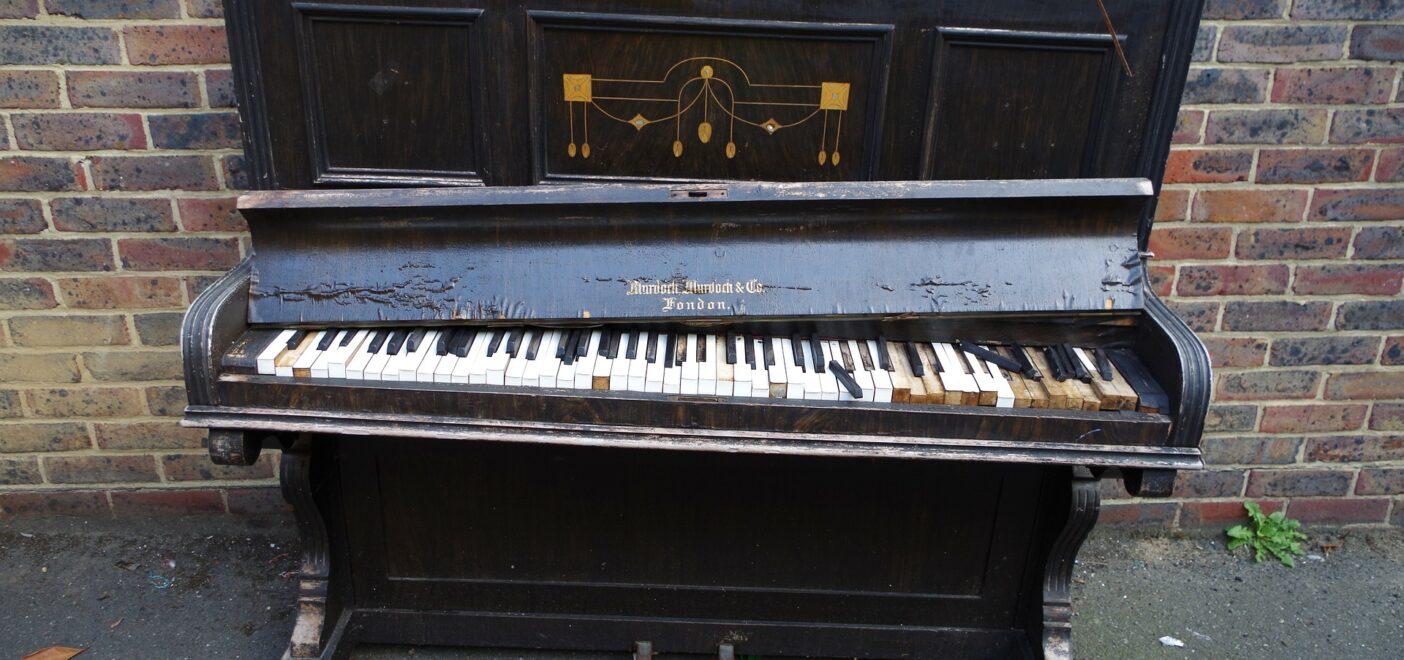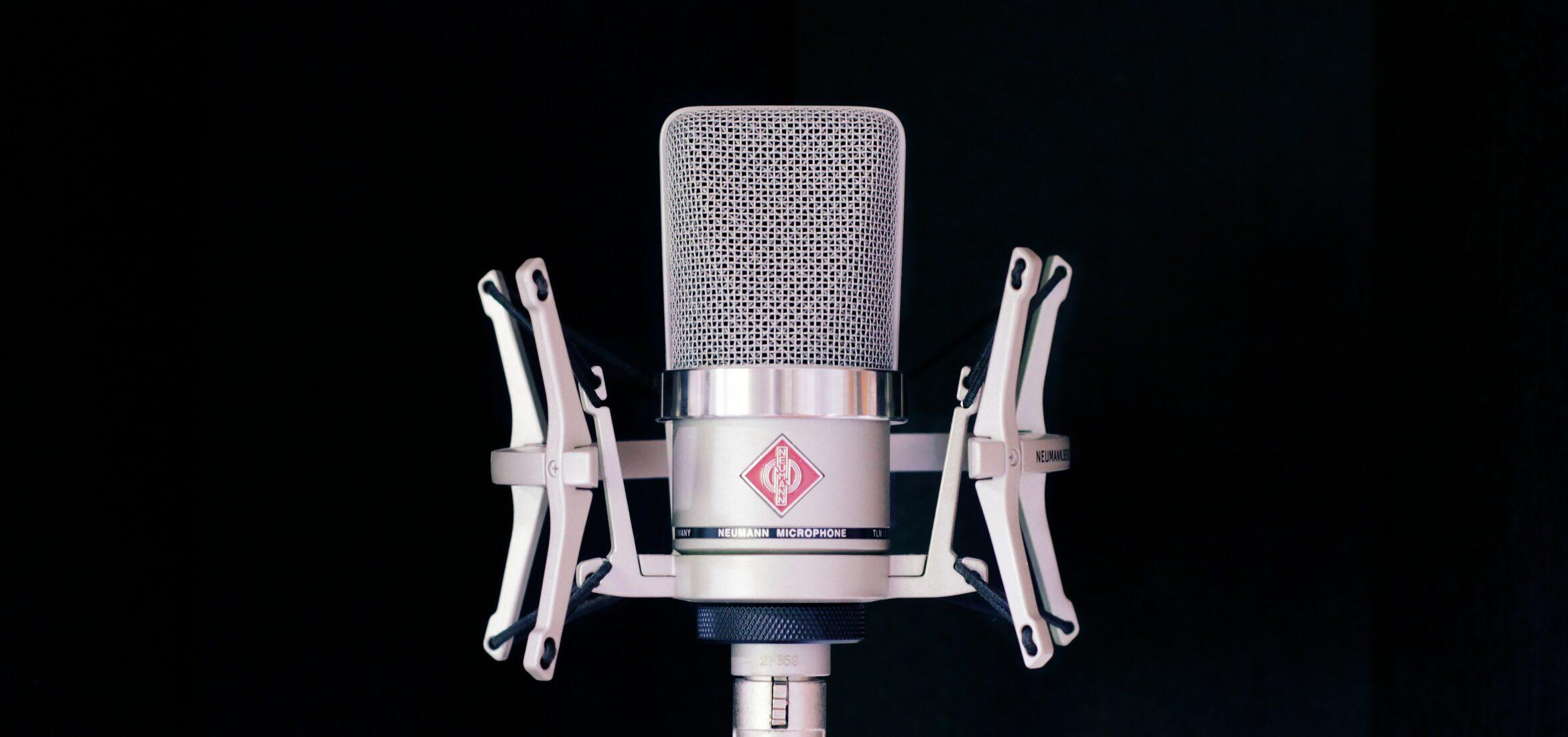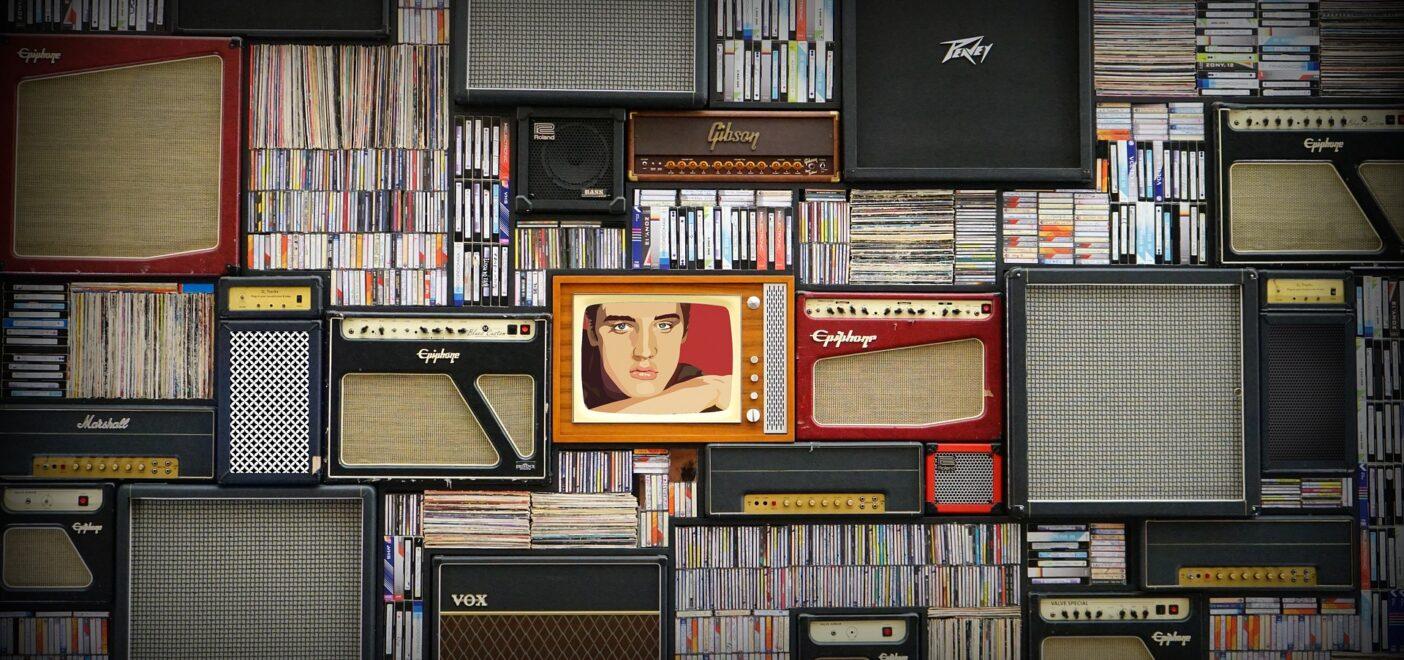Recording music is an exciting but challenging journey where countless elements need to align to achieve a professional and polished final product. For both beginners and seasoned engineers, the recording process is filled with potential pitfalls that can compromise sound quality and efficiency. Knowing what can go wrong—and how to avoid it—is half the battle. This article highlights five of the most common causes of bad recordings, helping you identify and overcome these challenges to elevate your production quality. By addressing these issues, you’ll be better prepared to achieve recordings that require less fixing in post-production and more enhancement during mixing and mastering.
1. Bad Equipment, Bad Recordings
This is a fairly common issue and the most obvious cause of bad recordings. Bad equipment doesn’t just refer to cheap gear, but also to gear that’s not properly suited for the type of recording being done or gear that’s been worn down over time. As far as broken-down gear goes, audio cables are the main culprit. Cables of all kinds get relentlessly coiled, uncoiled, tossed, bent, stepped on, and tugged. This is why taking care of your cables is key, and having backup cables is even better.
Of course, other gear can contribute to bad recordings, too. If a microphone is damaged in any way, it can throw off the entire recording. If it’s physically damaged or its relative response frequency is out of whack, the microphone’s polar patterns can be affected, among other things. Additionally, gear like amplifiers, cabinets, and instruments themselves should all be in great shape before going into recording. Even a small issue when recording can become a much larger problem during the mixing process.
2. Improper Monitoring Levels
Having good gear that works is only part of the battle. You must set the proper recording levels and monitor levels effectively. Hearing previously recorded parts of the song while you record will affect how you record the new part. This influence can be positive or negative, but it undoubtedly changes the dynamic compared to recording in solo. In most cases, recording a new part with at least one more track playing proves helpful. In addition to the click track, these other parts help the performer stay on beat, accentuate certain sections, and truly feel how the song comes together. Some performers prefer to hear only the drums or bass in their monitors, while others might want to hear the entire song.
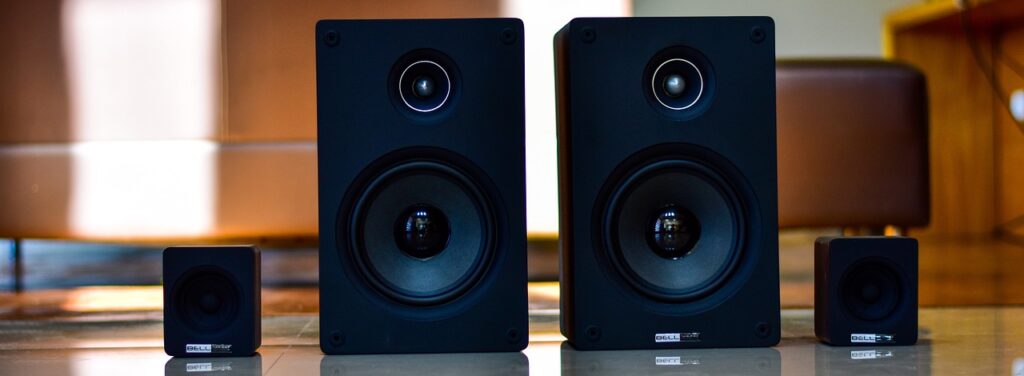
If the monitoring levels are too high, your ears tend to “zoom in” on the sound, which may cause you to perform with more aggression and loudness. This situation can lead to a loudness war within the song. When levels get too high, you reduce your options during mixing and lose some of the “bigger picture” that only lower levels can reveal. Additionally, the volume affects which frequencies you hear (see the Fletcher Munson Effect). Striking this balance while recording can be tricky. If levels are too low, the performer might not hear the click track or other instruments. But in general, the lower you can set your monitoring levels while still hearing everything, the better. If something sounds great at low volume, it will sound great at higher volumes.
3. Relying Too Much on Mixing
If you’re reading this, you probably understand how important mixing is for producing a great song. Mixing bad recordings resembles polishing machines that are somewhat broken. In other words, you need a solid foundation for mixing to truly matter. In this case, a good recording serves as that foundation.
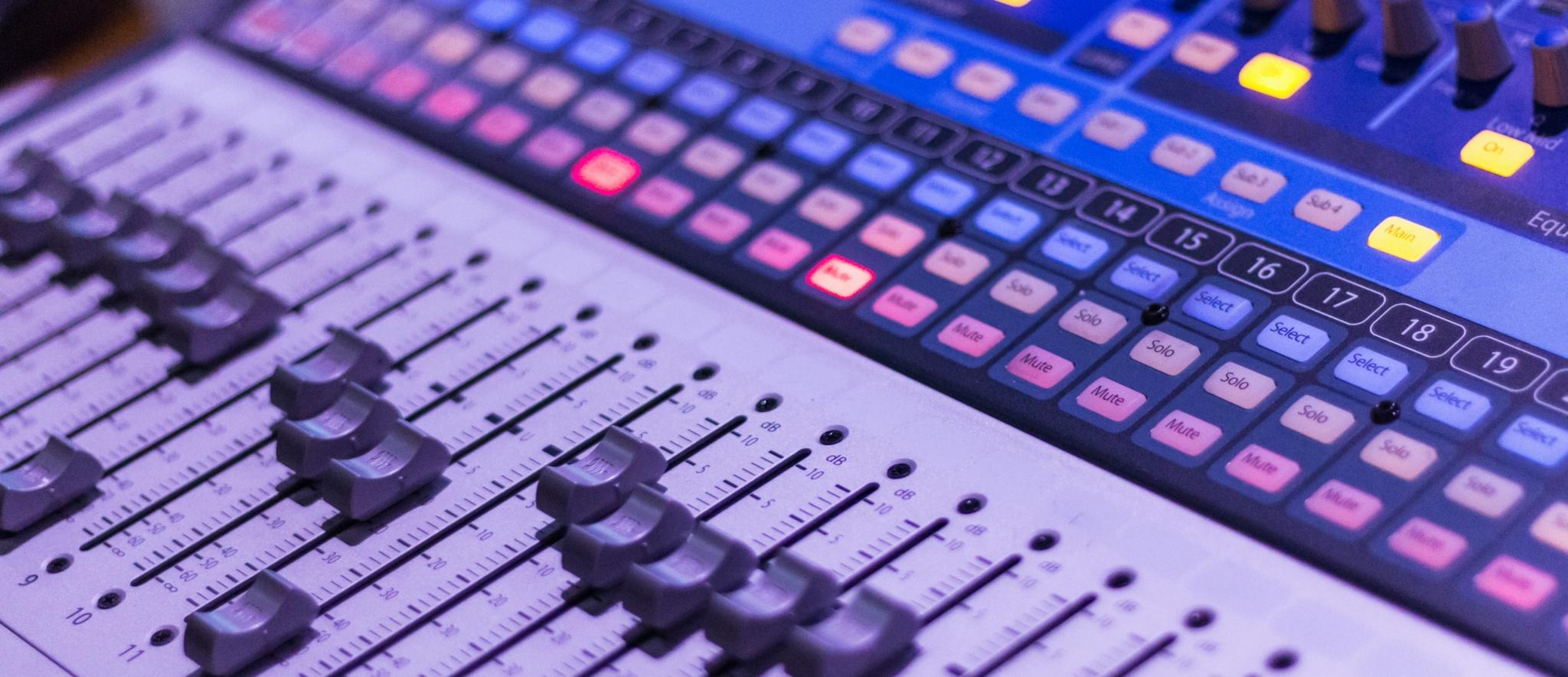
Sure, you can accomplish plenty after the recording stage; you can compress song elements, EQ them, add effects, blend them, etc. However, you can achieve the sound you want more efficiently during recording. This approach provides you with a great foundation and helps you know how to handle the track when it’s time to mix. For instance, if you’re recording a guitar track but not achieving the best frequency profile, try moving the microphone further from the amp, closer to it, or at a different angle or position. This way, you can get much closer to the sound you want before you even mix. In short, you should use mixing to enhance the sound you already have, not to fix what you’ve already broken.
4. Not Capturing the Mid-Range
This point directly connects to the previous one. The mid-range of the frequency spectrum lies between 500 Hz and 2,000 Hz. Many bad recordings start when people ignore this range. If we compare the frequency spectrum to human anatomy, the mid-range acts like the spine, linking the lower elements to the higher ones. It may seem less important than the booming low end or shimmering highs, but this frequency range cuts through any speaker, whether you use cheap earbuds or high-fidelity studio monitors.
As I mentioned earlier, you can always EQ to enhance the mid-range while mixing. However, by paying attention to the mid-range at the beginning of the recording process, you set yourself up for a much easier mixing experience. This may involve moving mics around a bit, but the effort proves worthwhile.
5. Unpreparedness/Poor Performance
Like the first point, this one is pretty obvious, but it’s worth mentioning due to its prevalence. No amount of good gear, great mixing, mastering, or clever editing can truly salvage a bad performance. When you record a live instrument with a human player, ensure that they are prepared to play the part well. It’s normal and fine to make mistakes while recording, which is why multiple takes are possible. However, too many failed attempts can become a huge time sink and source of frustration. So if you plan to record, make sure you or the performer did their homework.

Sometimes the performer is not at fault, though. They might be playing everything perfectly, but their instrument’s intonation is off. This circles back to point one regarding bad equipment, but this is more about making sure your good equipment is in peak condition. Just as your performance should be top-notch, so should your instrument’s performance.
Conclusion
Recording music is a craft that demands attention to detail at every stage. The five issues outlined—bad equipment, improper monitoring levels, over-reliance on mixing, neglecting the mid-range, and poor preparation—are common challenges, but they are also opportunities to refine your process and skills. By addressing these factors proactively, you can avoid many of the pitfalls that lead to subpar recordings.
Remember, each step in the recording process contributes to the final product. Starting with a solid foundation ensures that mixing and mastering enhance your work rather than compensate for its flaws. Armed with this knowledge, you’ll be better equipped to create recordings that stand out for their clarity, balance, and professionalism. Happy recording!
About the Author

Ethan Keeley
Writer, Voice Talent, Musician, and Audio EditorEthan Keeley is a musician, voiceover talent, and writer from Rochester, New York. When he's not on tour with his band Unwill he's working on new songs and stories.
Leave a comment
Log in to comment
